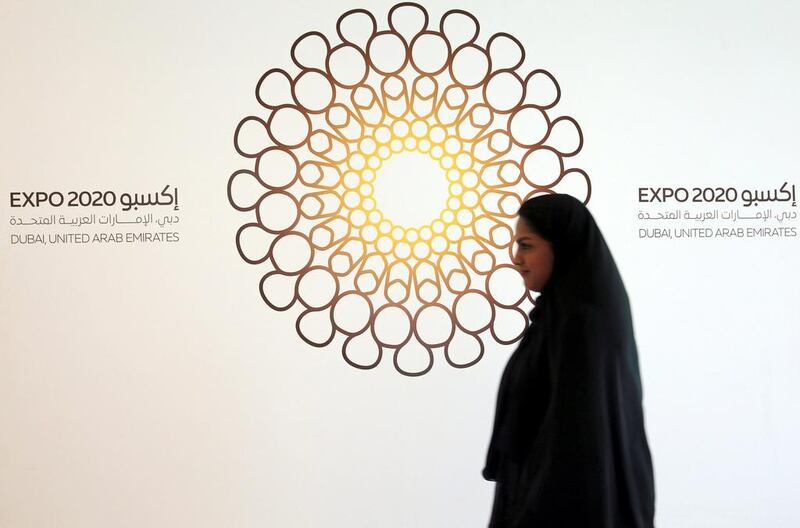On May 1, 2015, Expo Milano 2015, the latest franchise of the Universal Expositions that started in Paris in 1889, opened its doors. It was a much anticipated but controversial event which experienced work delays, investigations about bribery and Mafia-related building companies, and overall doubts about the real usefulness of such big events.
As envisaged by the prime minister of the day, Matteo Renzi, Expo should have been his apotheosis as a political leader: the worldwide success expected from Expo would have relaunched Italy’s ruined image and struggling economy. He spent months listing the enormous benefits it would bring to the country: the internationally renowned Bocconi University estimated an exorbitant €31 billion (Dh127.85bn) turnover from Expo-related businesses.
No one in the city of Milan saw such a pharaonic outcome: most restaurants and hotels complained about the low number of visitors. Visitors ate inside the Expo area and slept outside the city in cheaper accommodations rather than booking rooms in downtown Milan.
The event lasted six months: the first two were a complete flop. Tickets were on sale at €32. Soon after the inauguration they were being peddled at fire-sale prices via social media such as Groupon, on a 2x1 deal basis. At the end, in November, Expo totalled some 20 million visitors.
Government claimed a big success, but it was not. The total visitor count included Expo employees, to increase the numbers, and at some point organisers had introduced a €5 ticket only to have drinks at night. Numbers were doped; long-craved foreign visitors were few.
Now the Expo site is languishing in Milan’s outskirts. The land is valued at €80 million and it was supposed to be revamped as a university or research centre. But so far no buyers have showed up and nobody has any idea whether the area will ever be reused. Sadly it might go on to enlarge the already big list of “desert cathedrals” filling up the Italian landscape.
Was Expo Milano a profitable event? As of today, two years later, we still don’t exactly know. Expo SpA, the company that managed the event, has never made public its balance sheet.
It only announced an income-cost statement in early 2016: Expo has cost Italian taxpayers a skyrocketed bill of €2.2bn, while it had sluggish revenues of €420m. Some reports said tickets would have to have been sold at €100 to reach break-even point.
Giuseppe Sala, the Expo chief executive at the time, said it would have published an event balance sheet only after a forthcoming city mayor election, so not to disturb the campaign. Oddly, Mr Sala himself was a candidate and eventually elected city mayor. So he never finished the job at Expo.
Unofficial estimates claim that Expo Milan could have lost €32m. Not exactly what you’d call a success story. Other Expos, though, closed even worse: Sevilla, Spain in 1992, lost the same amount as Milan; Hanover, Germany in 2000, was the worst of the past decade, with €1.1bn in losses reported.
Only Shanghai, in 2010, has been a success: €120m in profit. And that’s because 70 million Chinese, mostly coming from the underdeveloped mainland, went to visit the show: it was an event for families that usually wouldn’t have the chance to fly abroad and see places for real.
So here is the juice of the story: Expos in the western world and developed countries are a loss-making activity, but they have proved to be successful in developing countries or “New Economies” that need to establish themselves on the stage and be recognised worldwide. Luckily, that is the case of Dubai, the next city to host Expo in 2020.
For Dubai, Expo 2020 could be a good card to play. For a city whose economy relies on a tourism and entertainment economy, that’s a big boost. But administrations should know in advance what to do next with the Expo area after the event. It is best to avoid the Brazil Syndrome, where Olympic and World Cup facilities are rusting and completely abandoned.
Simone Filippetti is an economics journalist for the Milan newspaper Il Sole 24 Ore
business@thenational.ae
Follow The National's Business section on Twitter





